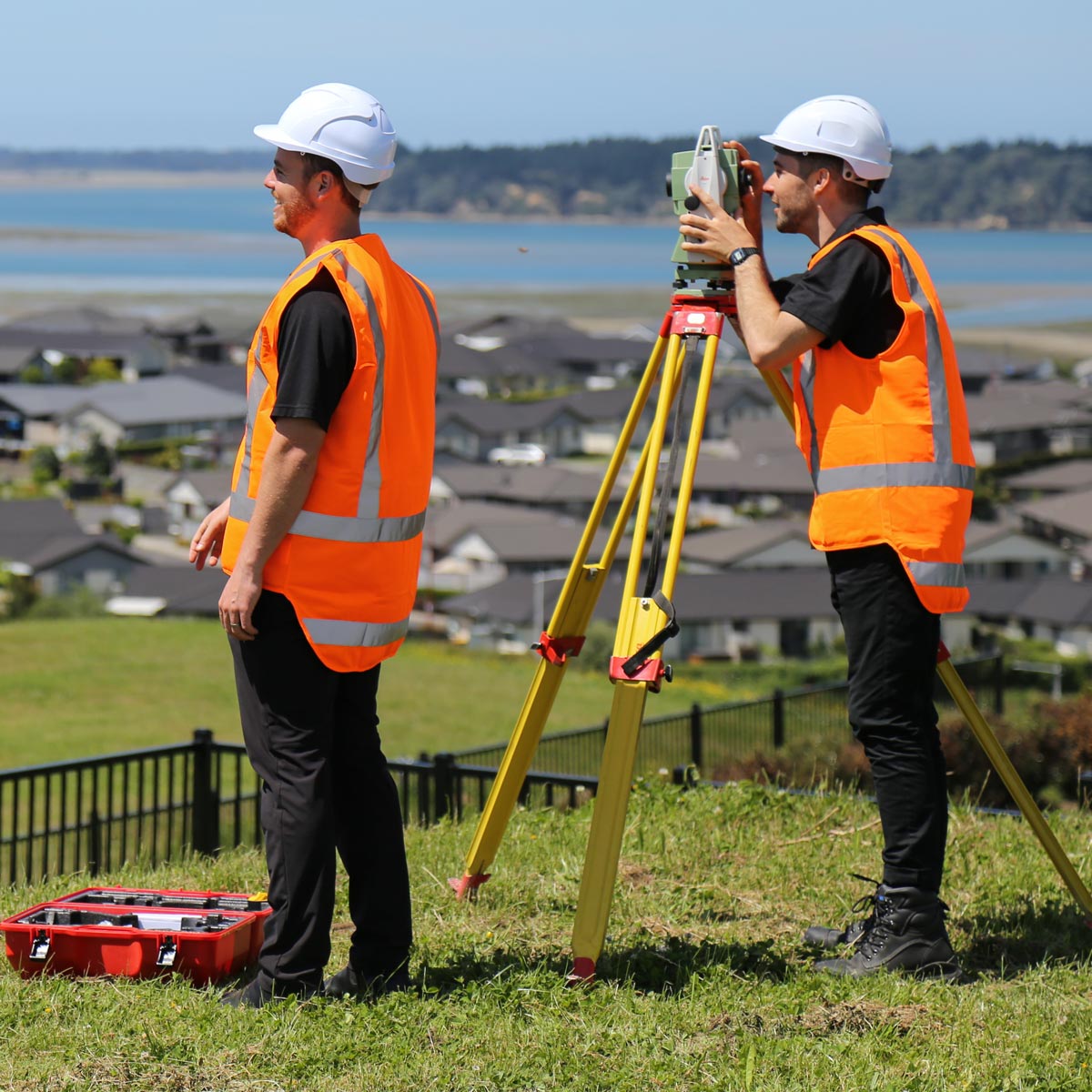In the world of real estate development, the value of qualified land surveying services cannot be overemphasized. If you are a property owner looking to construct your ideal home, a property developer planning a new project, or an engineer working on infrastructure, precise and reliable surveys are essential for success. As the foundation of any property development initiative, surveying services help unlock the capabilities of a property by providing critical information about boundaries, topography, and regulatory issues.
Each successful construction initiative starts with a comprehensive survey, ensuring that all stakeholders have a clear understanding of the land's features and restrictions. From fence line disagreements to zoning regulations, the insights provided by professional surveyors can save hours, money, and many challenges down the road. In this article, we will discuss the many facets of surveying services, including the different types of surveys, the technology behind modern surveying techniques, and the vital role they play in various aspects of real estate transactions to environmental planning.
Importance of Expert Land Surveying
Engaging a qualified surveyor is essential for any land development project, as their knowledge ensures that every element of the site is correctly measured and documented. Professional surveyors utilize cutting-edge tools and technology, including GPS and unmanned aerial vehicle technology, to gather accurate data that can greatly influence the design and execution of development projects. View website detailed surveys provide a foundation for construction, zoning compliance, and land use planning, lessening the likelihood of costly mistakes down the line.
In addition to technical accuracy, professional surveyors play a key role in preventing disputes over land boundaries. By conducting thorough boundary surveys, they help clarify ownership and avoid potential conflicts between property owners. This is particularly important in areas where properties are closely located or where easements and rights-of-way may impact land use. A clear understanding of these boundaries promotes confidence for property owners and developers alike.
Moreover, the litigation implications of accurate surveying cannot be overstated. An exact land survey is essential for real estate transactions, as it can affect property value and ensure compliance with regional regulations. It also provides the necessary documentation to defend property rights and supports effective land subdivision efforts. In this way, qualified surveying safeguards not only the interests of developers but also the rights of private property owners.
Types of Land Surveys
There are numerous types of land surveys, all serving a unique purpose in land development and property management. One typical type is the boundary survey, which establishes the precise location of property lines and helps settle disputes over property boundaries. This survey is crucial for anyone looking to buy, sell, or develop land, as it provides the legal groundwork for property ownership.
Another key survey is the topographic survey, which documents the surface features of a parcel of land, including elevations and contours. This survey is critical for construction projects, as it informs builders about the terrain, supporting in designing drainage systems and assessing the suitability of the land for designated developments. Establishing a clear understanding of the land's physical characteristics can avoid costly errors during construction.
Furthermore, ALTA/NSPS surveys integrate boundary and topographic surveys, complying to national standards set by the American Land Title Association and the National Society of Professional Surveyors. These comprehensive surveys offer essential information for real estate transactions, title insurance, and ensuring compliance with zoning laws. Whether contractors seek to make major investments or homeowners want to understand their property, these surveys play a pivotal role in the overall process.
Site Surveying in Land Development
Site surveying plays a critical role in land development, providing important data that guides decision-making for property developers and construction firms. Accurate surveys help to determine the land's terrain, limits, and pre-existing infrastructure, enabling builders to create effective and lawful plans. Without professional surveying services, development projects may face complications that can lead to setbacks and escalated costs.
Incorporating different types of surveys, such as boundary surveys, terrain surveys, and ALTA/NSPS surveys, facilitates construction teams to gain a comprehensive understanding of the land. These surveys help identify any likely issues related to land zoning, access rights, or land disputes that could impede development. By dealing with these concerns early in the process, builders can ensure easier project execution and increased investor confidence.

Moreover, contemporary technology, including GPS and drone surveying, has changed the surveying industry, offering improved accuracy and speed. This progress allows surveyors to supply accurate data quickly, which is vital for punctual project scheduling and budget management. Thus, the integration of advanced surveying services is necessary for effective land development, ensuring projects are completed properly, within the timeline, and financially viable.
